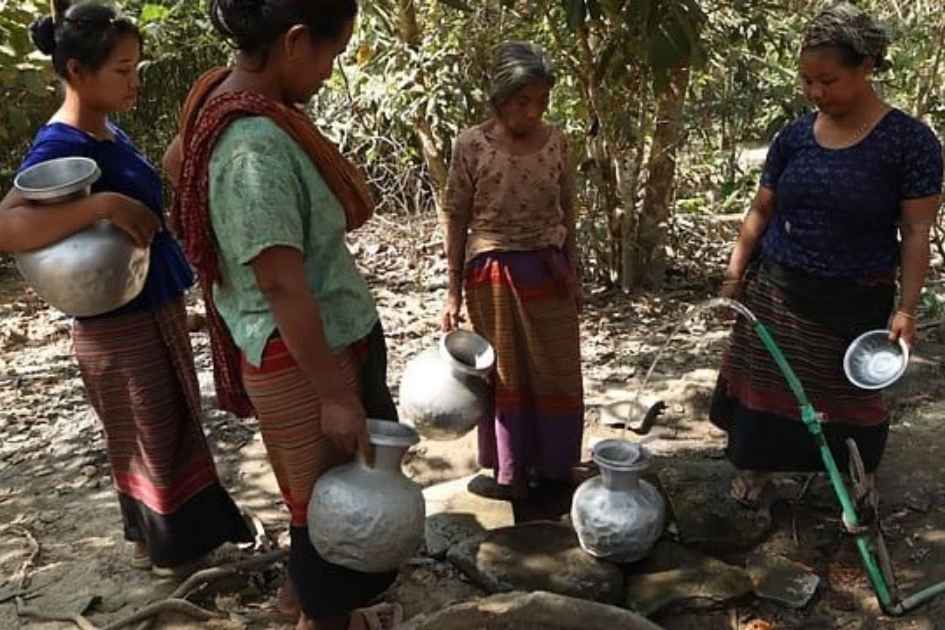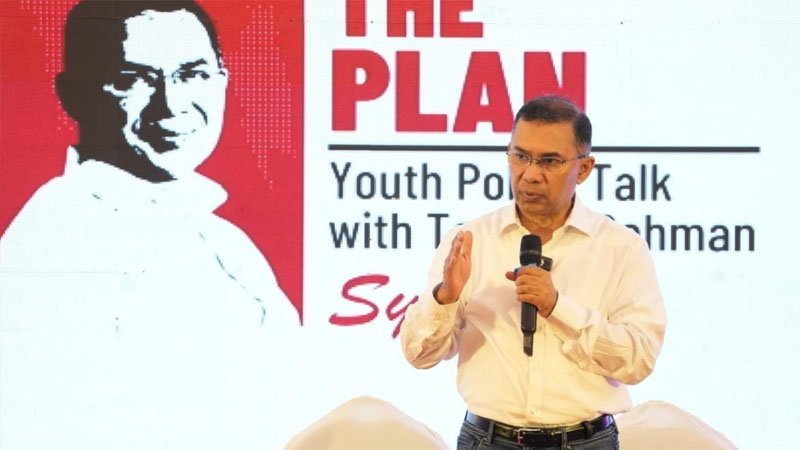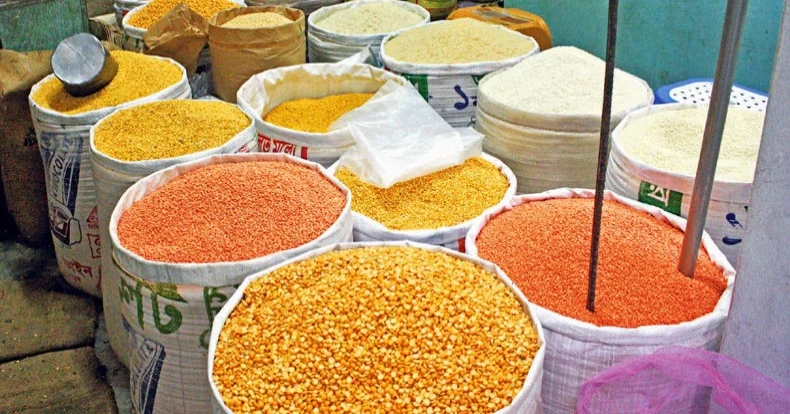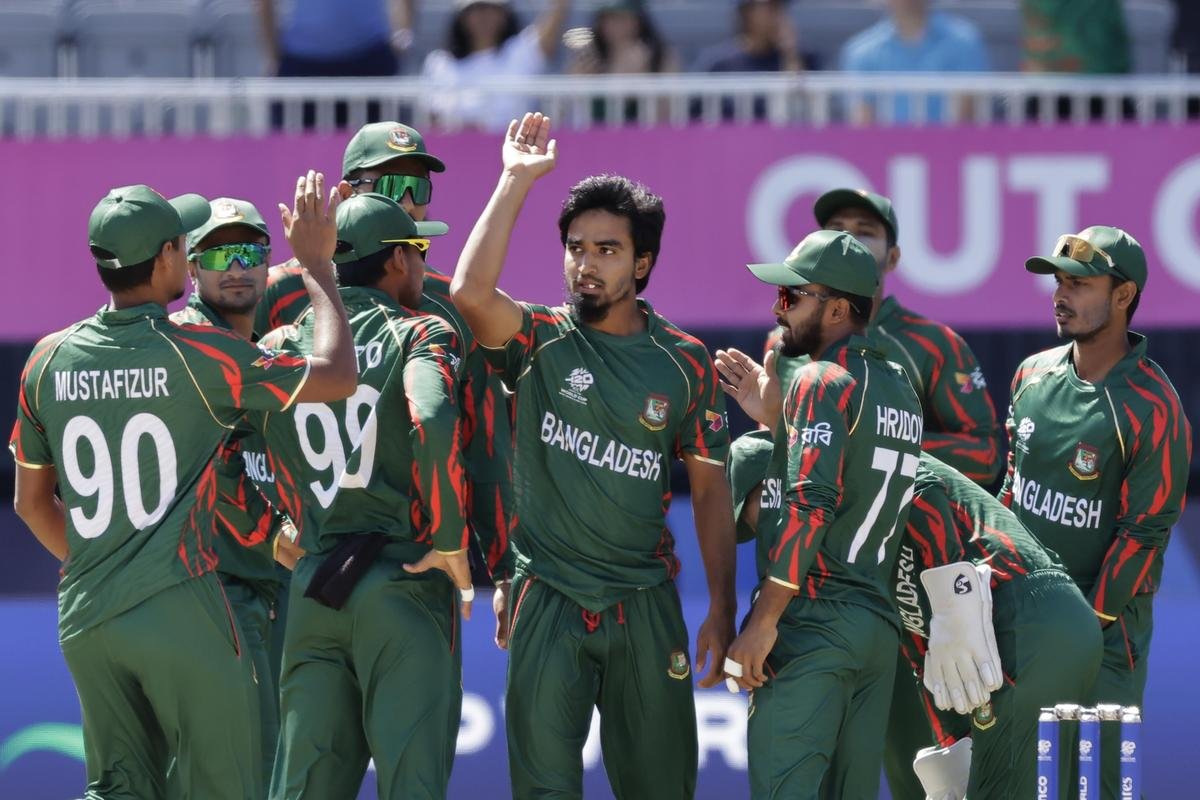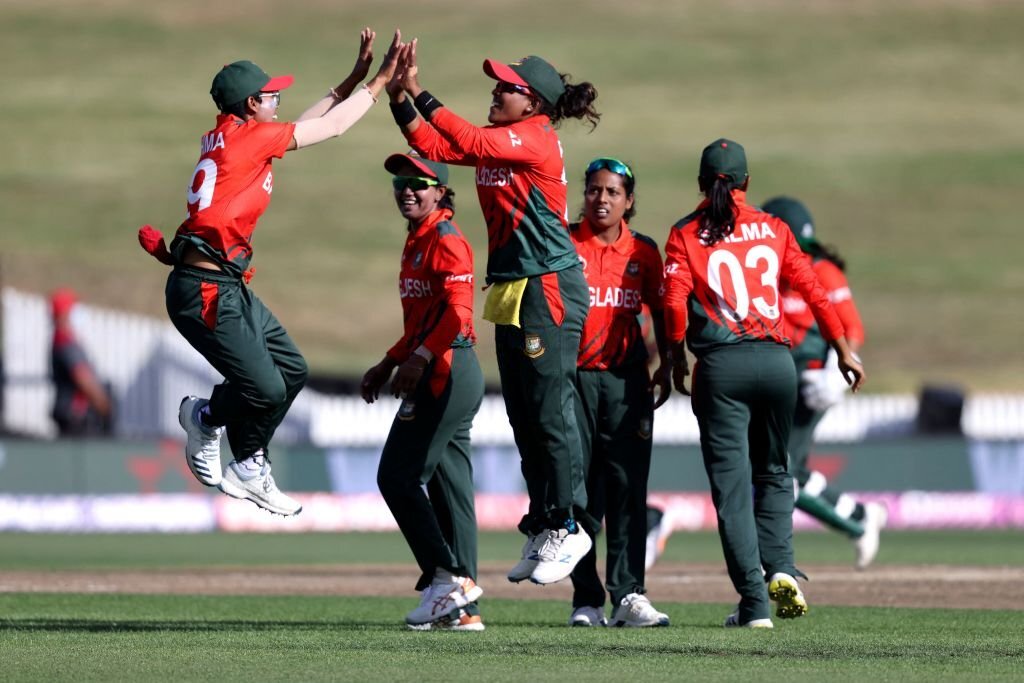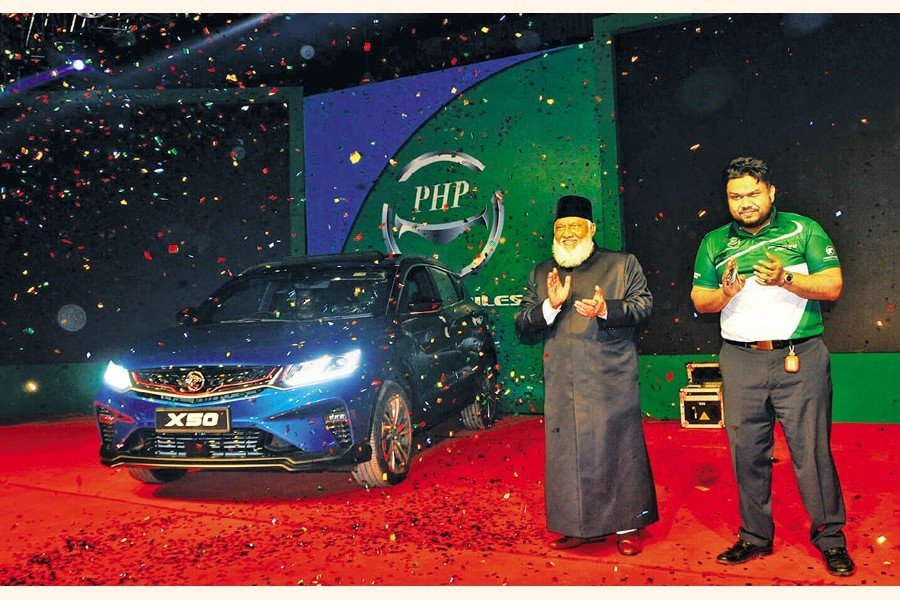10 Things to Avoid During a Bangladeshi Heatwave

Stay Safe This Summer: What Not to Do During a Heatwave in Bangladesh
Bangladesh has been grappling with some of the most intense heatwaves in recent history. In 2024, temperatures spiked to over 42°C in many areas, prompting school closures, health emergencies, and widespread discomfort. These rising temperatures, attributed to climate change and rapid urbanization, pose severe health threats to people of all ages. In such a crisis, knowing what not to do can be just as important as knowing what to do. Here’s a comprehensive guide on ten things you should avoid during a Bangladeshi heatwave to stay safe, healthy, and cool.
1. Avoid Outdoor Activities During Peak Heat Hours
One of the most effective ways to protect yourself during a heatwave is to stay indoors between 11 a.m. and 3 p.m., when the sun’s rays are at their most intense. Prolonged exposure during these hours can quickly lead to heat exhaustion or even heatstroke. The sun’s ultraviolet (UV) index typically peaks during this window, making it a dangerous time to be outside. If you must go outdoors, try to do so in the early morning or after the sun has begun to set.
Always carry an umbrella, wear a wide-brimmed hat, and use sunscreen with at least SPF 30 to minimize damage from UV rays. Long-sleeved, light-colored clothing can also offer protection from direct sunlight. Urban centers like Dhaka, Chattogram, and Rajshahi, with their concrete jungles and traffic congestion, trap more heat—so people in these areas should be particularly cautious.
2. Don’t Overexert Yourself Physically
Exercise and physical labor may be part of your daily routine, but during a heatwave, pushing your limits can be dangerous. Overexertion increases your core body temperature and can dehydrate you rapidly. This is especially true for people who work outdoors—construction workers, street vendors, rickshaw pullers, and farmers, to name a few.
If you must work outside or perform strenuous tasks, take frequent breaks in shaded or air-conditioned areas. Drink water every 15–20 minutes and avoid heavy lifting during peak heat hours. Consider rearranging your schedule so that demanding physical tasks are done in the cooler parts of the day. In extreme heat, your body works overtime to maintain balance, and overexertion can lead to serious heat-related illnesses.
3. Never Leave Children or Pets in Parked Vehicles
It might seem like common sense, but every year, tragic incidents occur because someone left a child or pet in a locked car. Even if you crack the windows, temperatures inside a parked vehicle can skyrocket to deadly levels within minutes. In Bangladesh’s tropical climate, the risks are even higher, especially in cities where cars are exposed to direct sunlight for long hours.
According to research, the temperature inside a closed vehicle can rise by 20°C in just 10 minutes. That means on a 35°C day, the inside of a car can reach 55°C—a death trap for any living being. Make it a habit to always check the back seat before locking your vehicle. Use reminders or place essential items like your bag or phone in the backseat to ensure you don’t forget a child or pet.
4. Avoid Alcohol and Caffeinated Beverages
Alcoholic and caffeinated drinks might quench your thirst temporarily, but they are diuretics, meaning they promote fluid loss. This is the last thing you want during a heatwave when your body is already losing water through sweat. Caffeine also stimulates your nervous system, increasing heart rate and body temperature.
Instead, stick to hydrating options like water, coconut water, and homemade oral rehydration solutions (ORS). Fresh fruit juices and electrolyte-rich drinks can also help you stay cool and nourished. In rural areas, traditional drinks like aam pora shorbot (roasted mango juice) and bel er shorbot (wood apple juice) are not only refreshing but packed with vital nutrients. Just make sure they’re prepared hygienically to avoid foodborne illnesses.
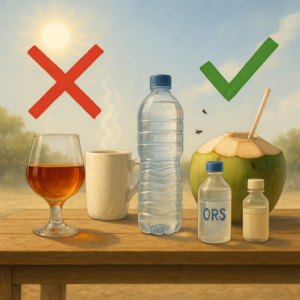
5. Don’t Wear Tight or Dark-Colored Clothing
Your clothing choices can have a significant impact on how your body handles heat. Tight clothes restrict airflow and make it harder for your body to cool down, while dark colors absorb more heat from the sun. In contrast, light-colored clothes reflect sunlight and help maintain a lower body temperature.
Opt for loose-fitting, breathable fabrics like cotton, linen, or khadi. These materials allow sweat to evaporate more easily, helping your body cool naturally. Avoid synthetic fabrics like polyester, which trap heat and moisture. For women, cotton sarees and salwar kameez are ideal, while men can go for panjabis or shirts made from natural fibers.
6. Avoid Eating Heavy or Spicy Meals
Your digestive system works harder to process heavy or spicy foods, which can generate more internal heat. During a heatwave, opt for light meals that are easy to digest. Fruits like watermelon, cucumber, and papaya have high water content and help keep your body cool.
Avoid fried foods and meals that are high in oil or spices, especially during lunch when the day is hottest. These can raise your body temperature and make you feel sluggish. Instead, eat smaller, more frequent meals that are nutrient-rich and hydrating. Yogurt-based dishes like raita, tok doi, and lassi can be excellent choices. Also, remember to wash fruits and vegetables thoroughly to avoid foodborne diseases.
7. Don’t Ignore Signs of Heat-Related Illnesses
Symptoms like dizziness, rapid heartbeat, nausea, extreme sweating, and confusion are warning signs that your body is struggling to cope with the heat. Heat exhaustion can progress into heatstroke—a potentially fatal condition—if not treated promptly. In 2024, hospitals across Bangladesh reported a spike in heat-related illnesses, particularly among the elderly and children.
If you or someone around you shows these signs, move to a cooler place immediately. Hydrate with water or ORS, use a cold compress, and lie down with your legs elevated. Seek medical attention without delay if symptoms worsen. It’s better to be overly cautious during a heatwave than to take chances.
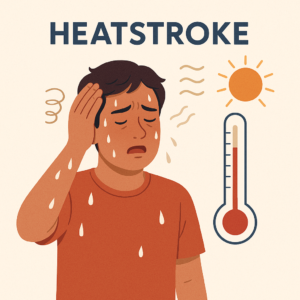
8. Avoid Direct Sun Exposure Without Protection
Sunburn not only damages your skin but also hampers your body’s ability to cool itself. In a heatwave, direct exposure to the sun without protection can quickly lead to dehydration and sunstroke. In Bangladesh, many people are still unaware of the dangers of UV radiation.
Use sunscreen with broad-spectrum (UVA/UVB) protection and SPF 30 or higher. Reapply every two hours, especially if you’re sweating. Wear sunglasses with UV protection and wide-brimmed hats. Try to walk on the shady side of the street, under trees or along shaded walkways. Public awareness campaigns and school programs can play a key role in promoting sun safety.
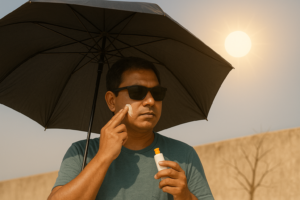
9. Don’t Rely Solely on Fans to Stay Cool
Fans circulate air but do not reduce room temperature. When the ambient temperature is extremely high, fans might not be sufficient to cool your body. In fact, in some cases, they can create a false sense of comfort and delay more effective interventions.
Supplement fan use with other cooling strategies like cold compresses, taking cool showers, and using damp towels. Close curtains or blinds during the hottest parts of the day to block out sunlight. If you have access to air conditioning, use it wisely—preferably in energy-saving mode—and avoid setting it too low to reduce energy consumption and avoid power cuts.
10. Avoid Drinking Uncovered or Street-Sold Beverages
While street-side lemonades and fruit juices can be tempting, they might not always be safe during a heatwave. Heat accelerates bacterial growth, increasing the risk of gastrointestinal infections. Contaminated water and ice are common causes of diarrhea, typhoid, and cholera in the summer.
Always ensure your drinks are from a hygienic source. Carry your own water bottle and avoid ice from unknown vendors. In villages and small towns, encourage the use of boiled or filtered water for preparing drinks. Cleanliness during food and beverage preparation is essential to avoid an outbreak of waterborne diseases.
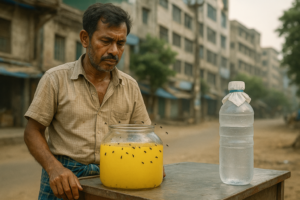
Let’s Heat-Proof Our Habits
Heatwaves are becoming a seasonal norm in Bangladesh, but that doesn’t mean we should be complacent. These ten precautions can help you protect yourself and others from the dangers of extreme heat. From how we dress to how we eat and hydrate, small choices can make a big difference.
It’s not just about individual action either—communities, schools, and workplaces must come together to create awareness and implement preventive measures. Early warning systems, cooling centers in urban areas, and public advisories can be life-saving. Climate change is real and already affecting our daily lives—so let’s stay informed, stay prepared, and help one another stay safe.
Instead of alcohol or caffeine, try refreshing local options like shorbot or borhani. Want more cooling ideas? Check out our list of traditional summer drinks of Bangladesh that help beat the heat naturally.
